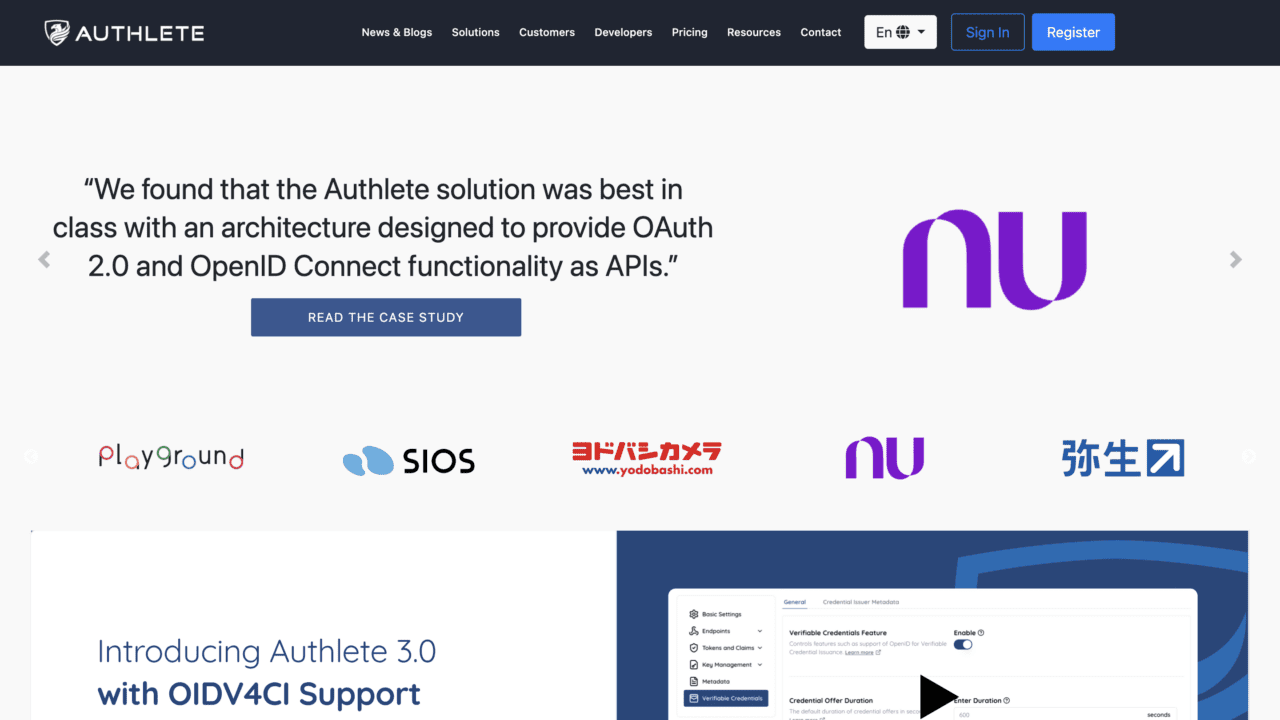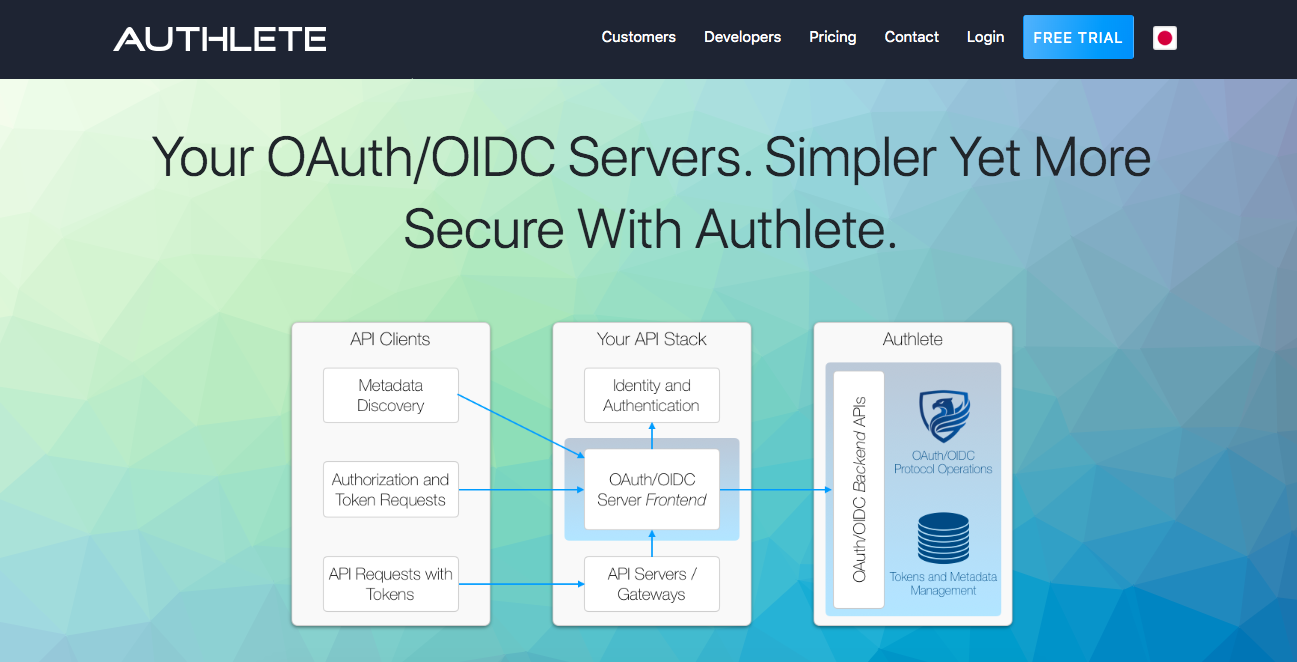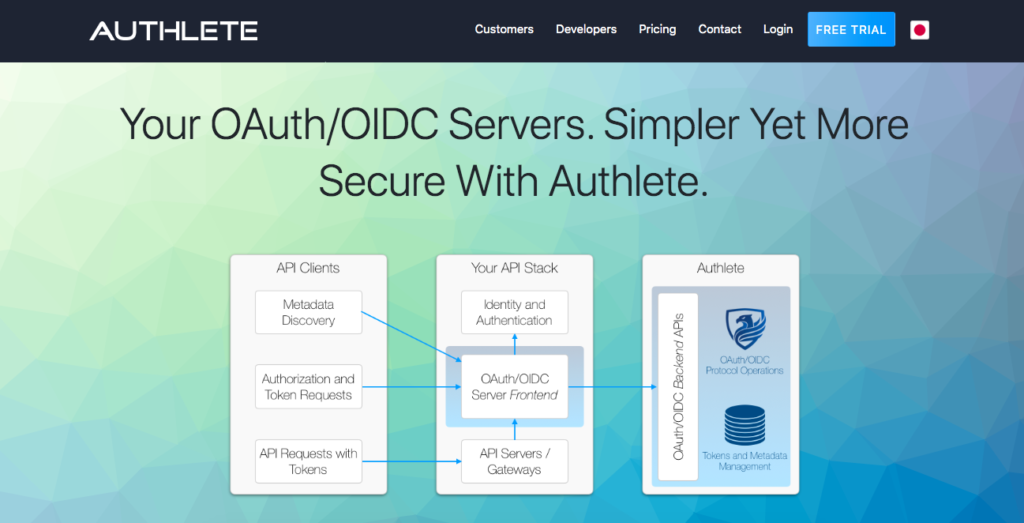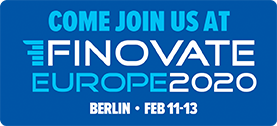
- Japan-based identity verification specialist Authlete introduced version 3.0 of its technology.
- The enhancements streamline the process of issuing and managing digital credentials, specifically interoperable verifiable credentials (VCs).
- Authlete made its Finovate debut at FinovateEurope 2020 in Berlin, Germany.
Tokyo, Japan-based identity verification specialist Authlete has unveiled the latest version of its technology which streamlines the process of issuing and managing digital credentials. Authlete 3.0, launched earlier this month, will make it easier for entities such as financial institutions, governments, and educational organizations to issue interoperable verifiable credentials (VCs) via a straightforward API.
What are VCs and why are they important? VCs are digital credentials whose authorship can be verified cryptographically. They are tamper-evident, which means that they are designed so that any alterations or modifications can be readily identified. This makes VCs more secure, more trustworthy, more portable, and easier to verify compared to physical identity documents or cards. Additionally, VCs give more power to the holder who can choose specifically which information to share in a given instance. Use cases for VCs include government-issued identity documents, reusable KYC verifications for banks, and more.

Authlete’s new 3.0 upgrade provides organizations with an API that enables them to quickly issue interoperable VCs with support for OpenID for Verifiable Credential Issuance (OID4VCI). The standard is built on OAuth and OpenID Connect (OIDC) protocols, popular international standards for authorization and identity verification, respectively. It also supports a variety of credential formats, such as SD_JWT VC and mdoc/mDL. The technology’s support for both of these formats has been on display via a number of global pilot projects including EU Digital Identity (EUDI) and Japan’s Trusted Web initiative.
Authlete 3.0 also features enhanced FAPI compliance, multi-tenant management, multi-region server options, social logins and multi-factor authentication, and granular access control.
“We are dedicated to empowering organizations to build secure, user-centric, and interoperable digital identity infrastructures, while contributing to the development of a globally interoperable digital identity ecosystem,” Authlete Co-founder Takahiko Kawasaki said.
Authlete made its Finovate debut at FinovateEurope 2020 in Berlin. More recently, Fanplus selected the company to implement OpenID Connect (OIDC) in support of its fan communication app. Fanplus plans, develops, and operates fan clubs and websites for musicians, and builds and operates e-commerce platforms for artist merchandise. In August, Authlete announced that sports and entertainment industry digital transformation specialist playground would use its technology for authentication and authorization infrastructure for its entertainment DX cloud platform, MOALA.
Photo by Clay Banks on Unsplash



